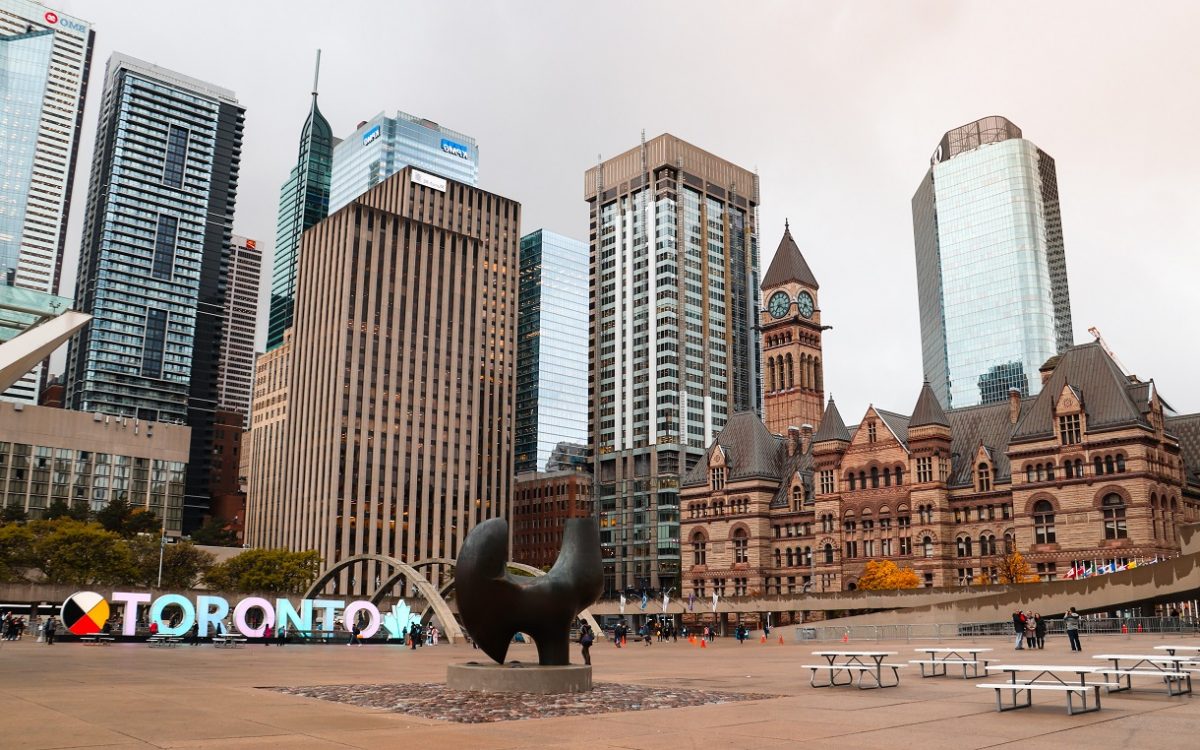The Plaintiffs were family members of an individual who was killed in the crash of an Ornge helicopter. The action was initiated under s. 61 of the Family Law Act, R.S.O. 1990, c.F.3, and included claims for mental distress resulting from the negligently caused death of the crash victim. Ornge brought a motion to strike the claims for mental distress, arguing that the only compensible claims were those for compensation for loss of guidance, care, and companionship. Justice Faieta accepted the Plaintiffs’ argument that the case law supported the possiblity of a family member being entitled to compensation in tort for mental anguish suffered as a result of the loss of a loved one and dismissed Ornge’s motion.


